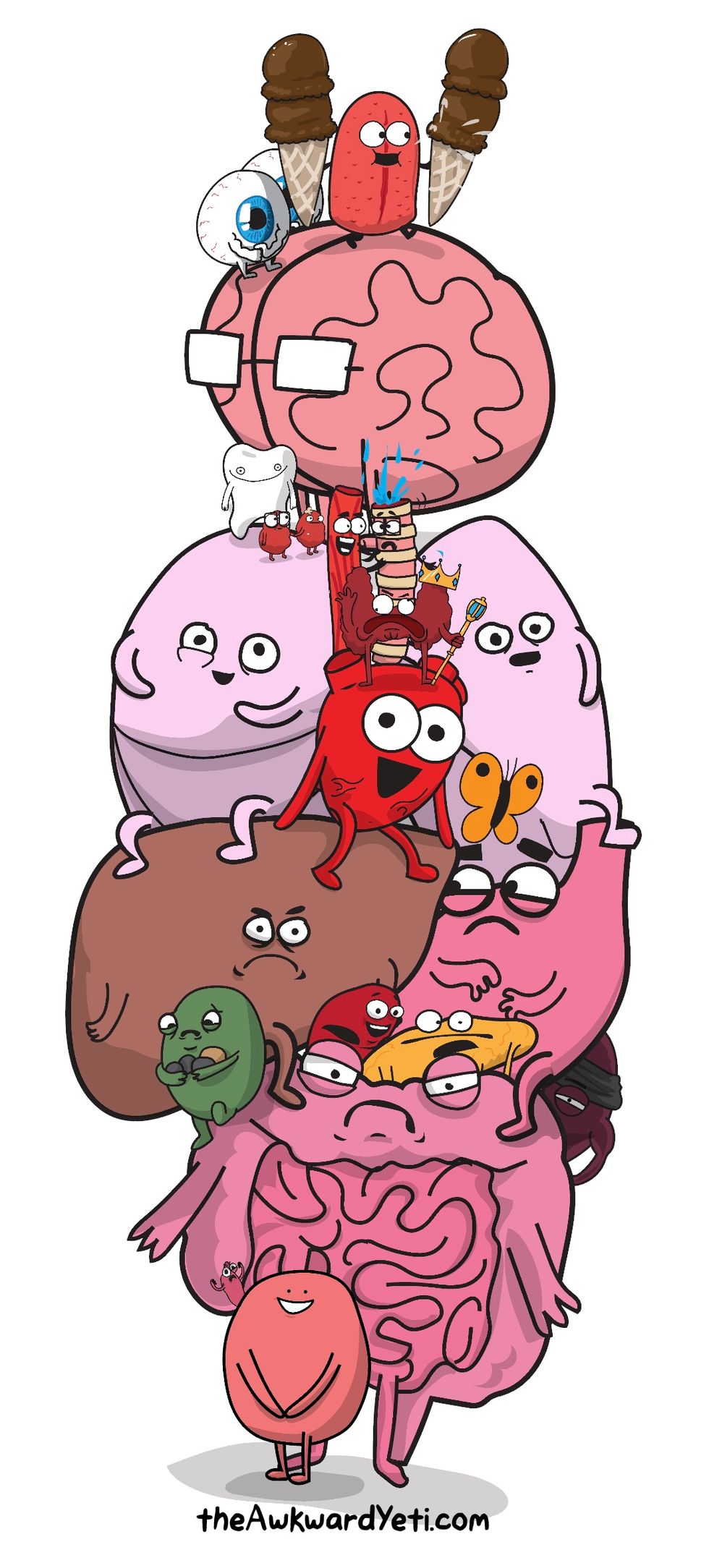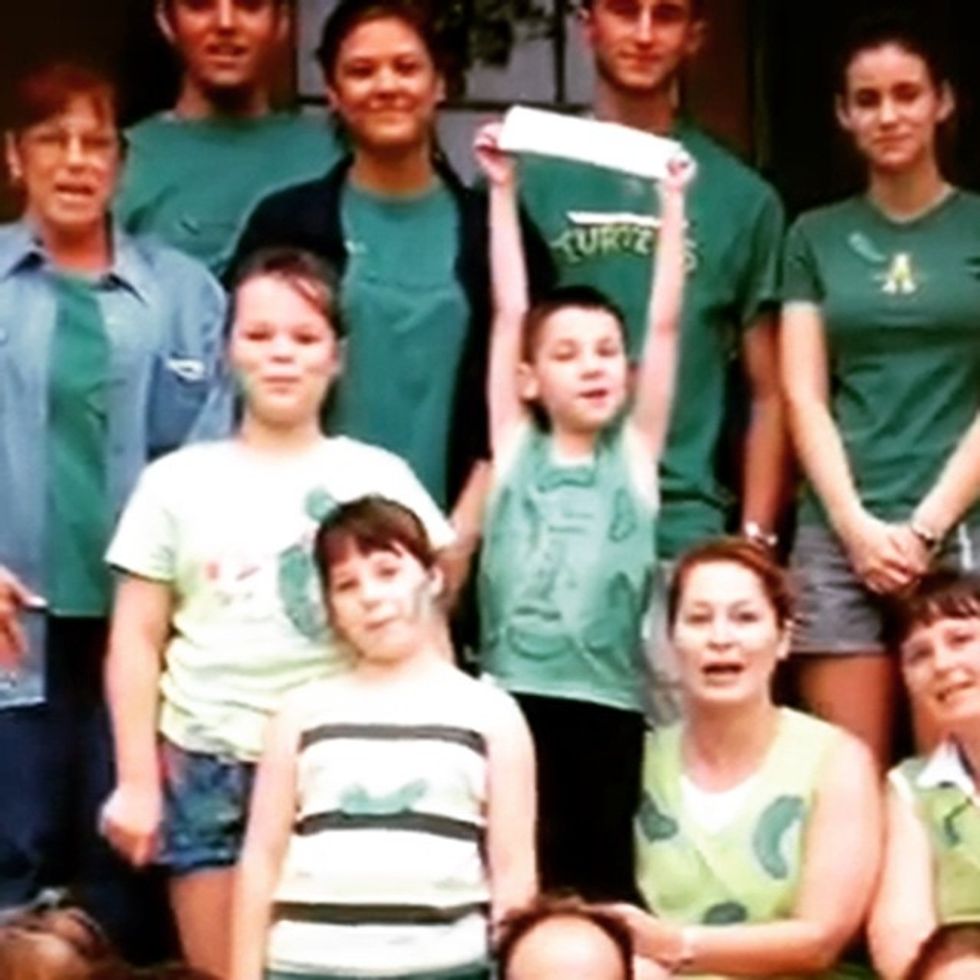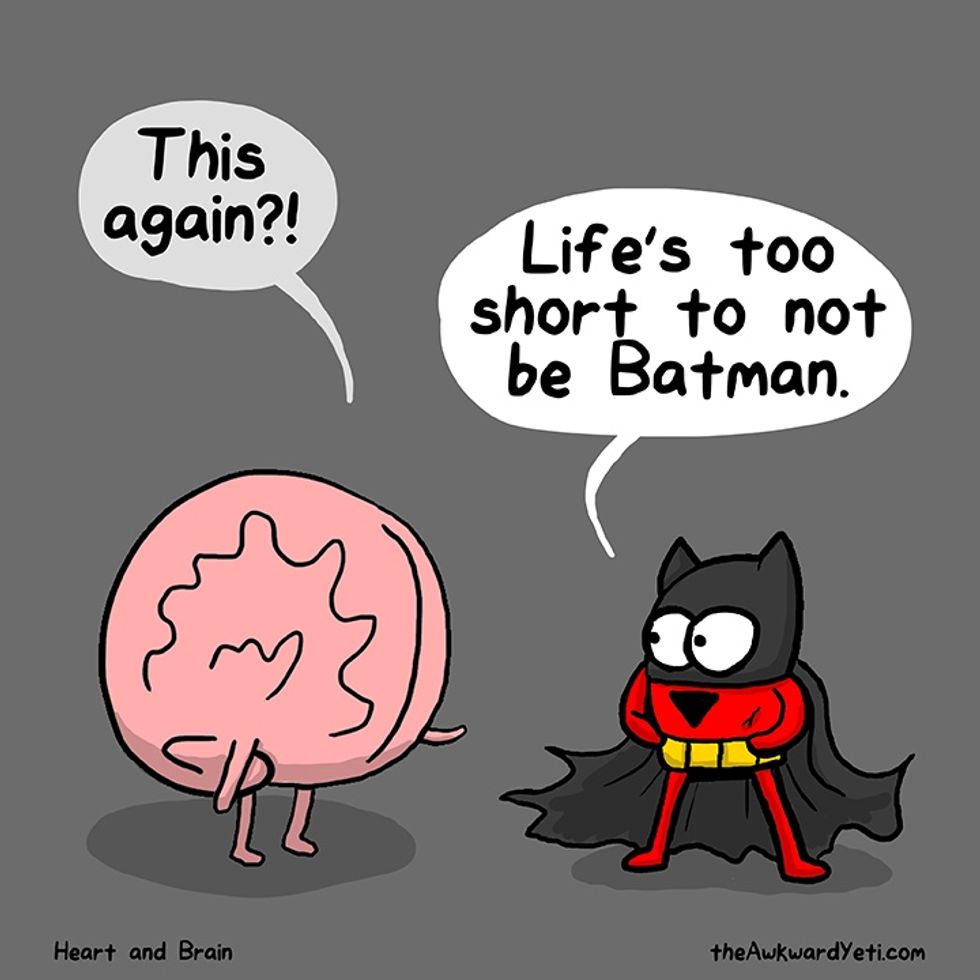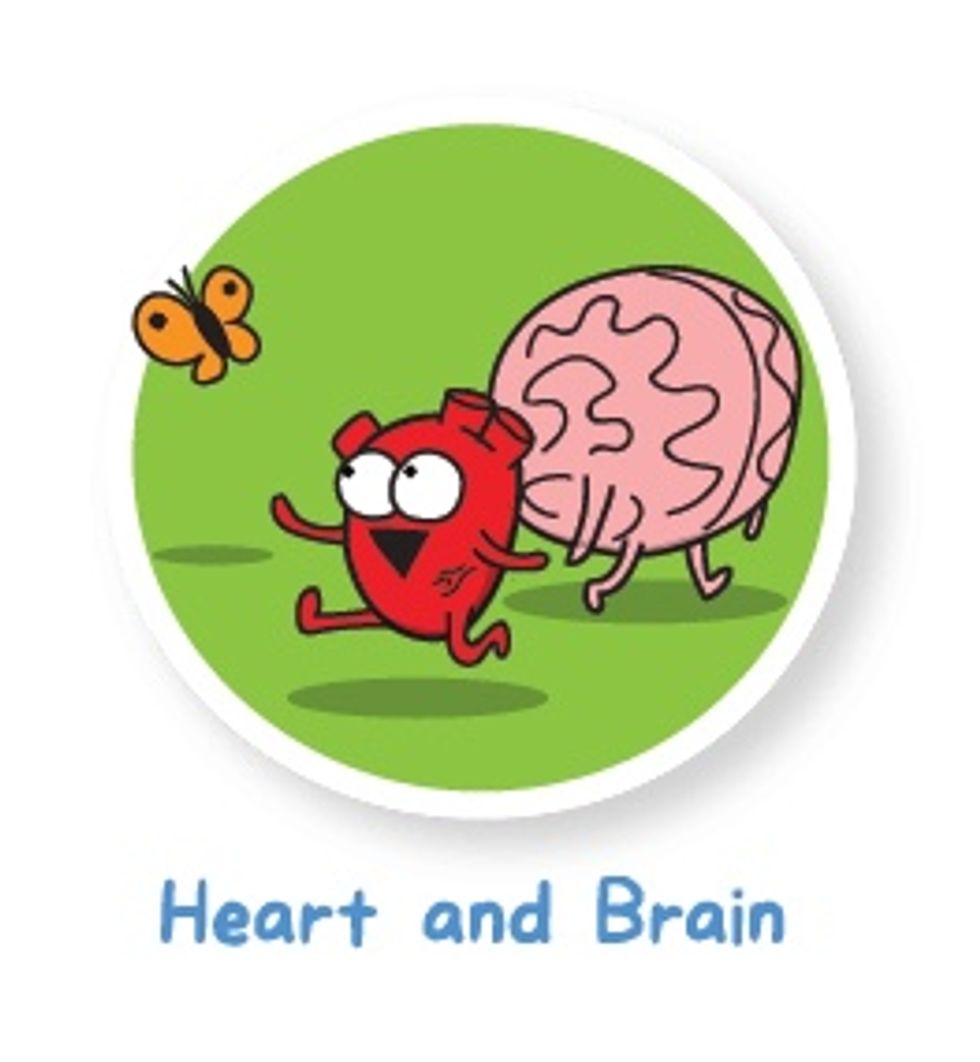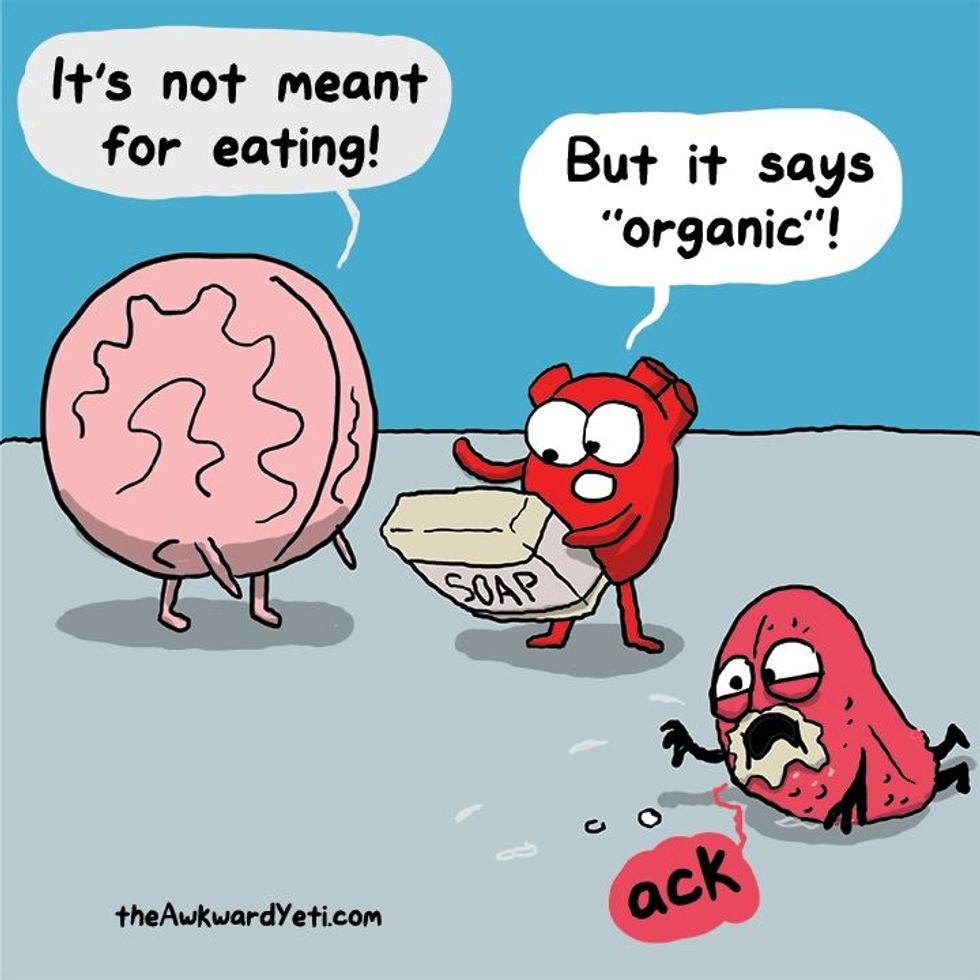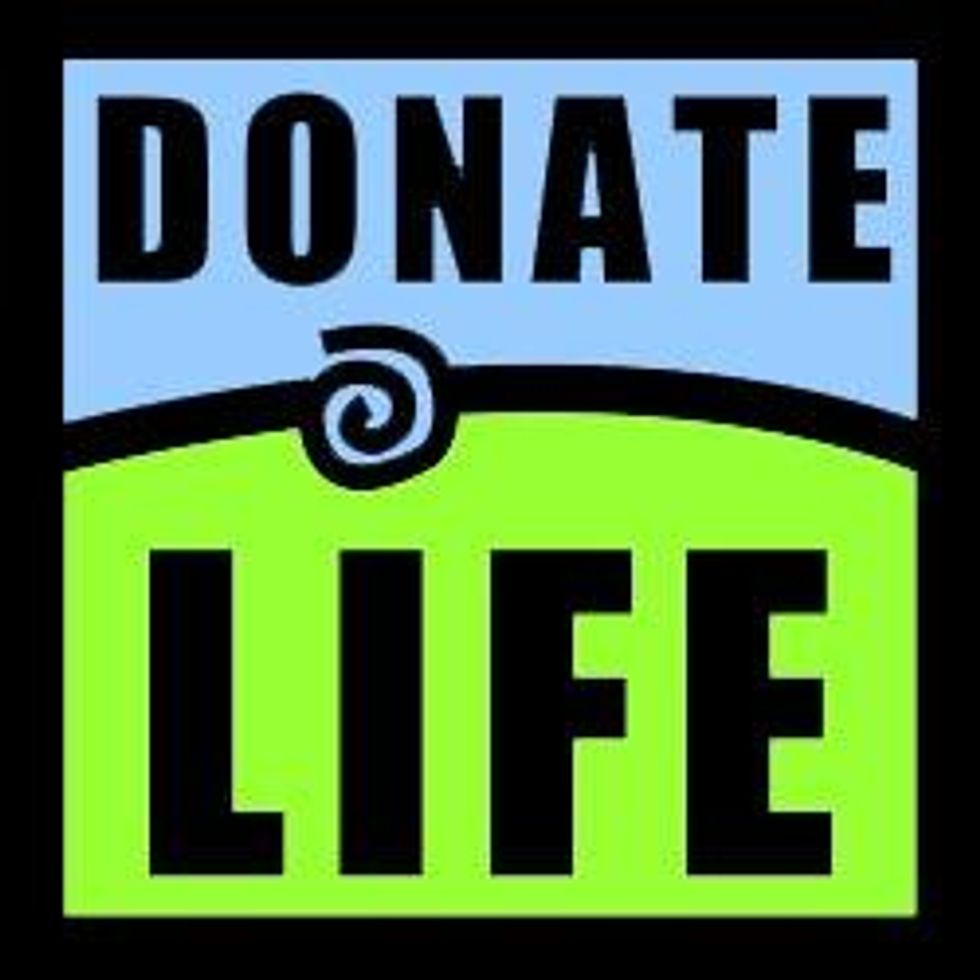Dedicated in Memory of Dylan Danos.
We've all got lot's of questions about organ donation, and I'm here to answer them today!
First, I want to show my respect to all those who don't wish, or cannot donate their organs. It is a personal choice and there is no shame in it.
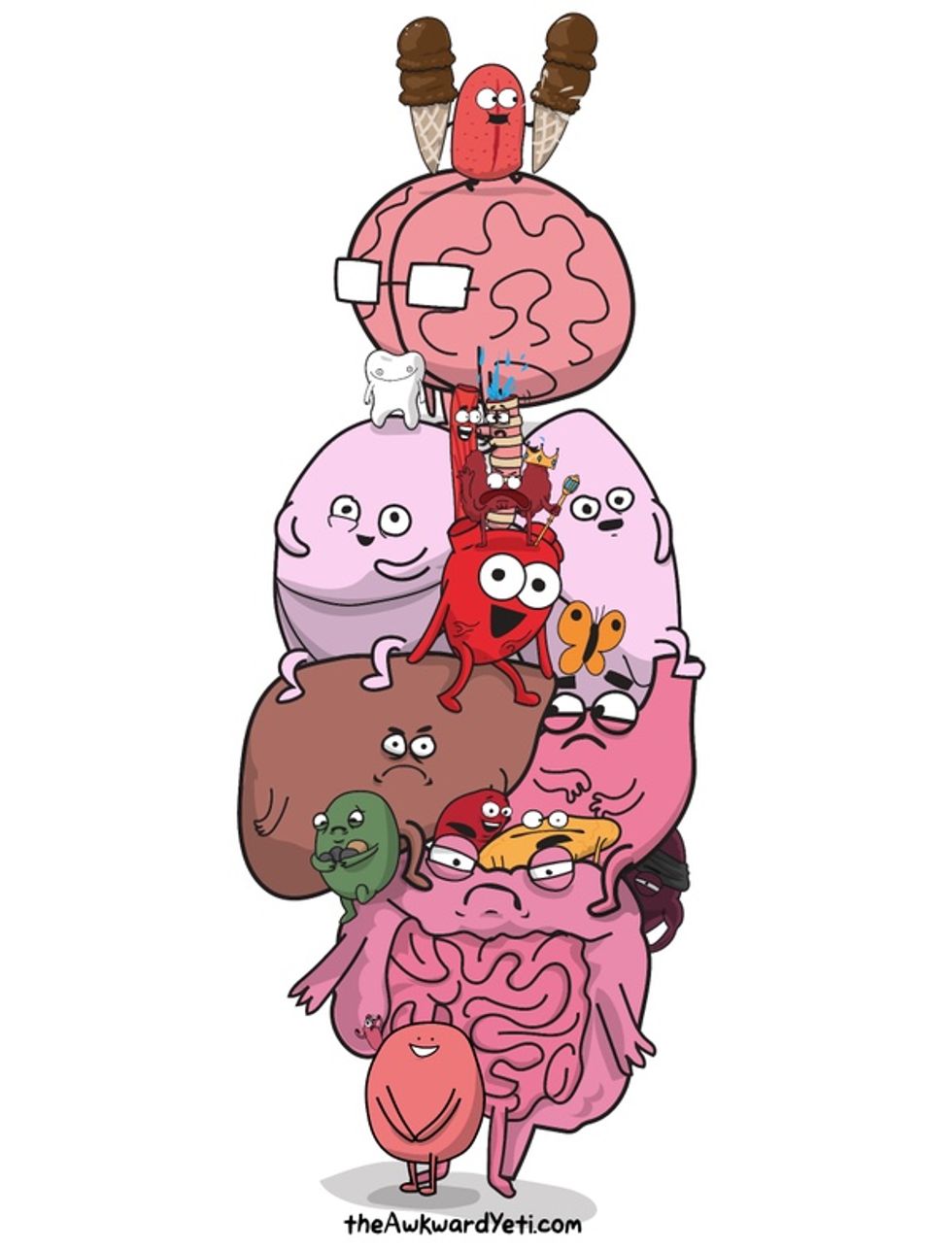
Organ donation is a broad term for the donation of organs, eyes, and tissue (corneas) before or after death. While alive, a donor can participate in several types of donation which include regular blood donations and live organ donations ("living donation offers another choice for transplant candidates, and it saves the recipient of your organ or tissue, and the next person on the transplant list"). As a deceased person, "one organ donor can save up to eight lives. The same donor can also save or improve the lives of up to 50 people by donating tissue and eyes." (liveonny.org) That's amazing. You literally become a HERO, and I want to be a hero in this world which so badly needs hundreds of us!!!
2. (This question does happen to be a religious one, but it's important.) Does my religion support Organ Donation?
Most Christian religions, and definitely the Catholic church, support organ and tissue donation. Multiple popes have written on the importance, and the great LOVE of organ donation, and at least one pope was a donor himself (Pope Emeritus Benedict XVI). There are, however, some religions who do not support organ donation, and we respect their beliefs and traditions. (Refer to the writings of Saint JPII and Pope Francis for more info.)
3. Would my organs be donated before I am truly dead?
Doctors truly respect their patient's bodies and are not looking to harvest organs from everyone who passes through their doors. They work their hardest to save every patient's life. A potential donor's organs will not be harvested without the donor or family's consent, and certainly not until the donor is pronounced dead (medically, death is defined as thecessation of allvitalfunctions of thebodyincludingtheheartbeat,brainactivity(includingthebrainstem),andbreathing.) Your life will be greatly respected before, during, and after organ donation. So no, if you are in a car wreck and have a little heart on your license, they aren't going to leave you for dead; your life is precious!
4. What is the transplant waiting list?
The transplant waiting list is the national list of candidates (recipients) who wish to receive a specific organ and are waiting for a donor who matches them to become available for donation (whether living or deceased). More than 120,000 people in the United States are waiting for organ transplants, because too many people don't understand the importance of organ donation. [23 men and women die each day in the U.S. waiting for a transplant.] It sometimes takes many tries to find a 'match' between donors and recipients. I have personally witnessed the difficulty and anxiety of my loved one waiting for a healthy pair of lungs. When the day came that a heroic donor gave him an opportunity for renewed life, we were overflowing with love for the donor, their family, and their courage.
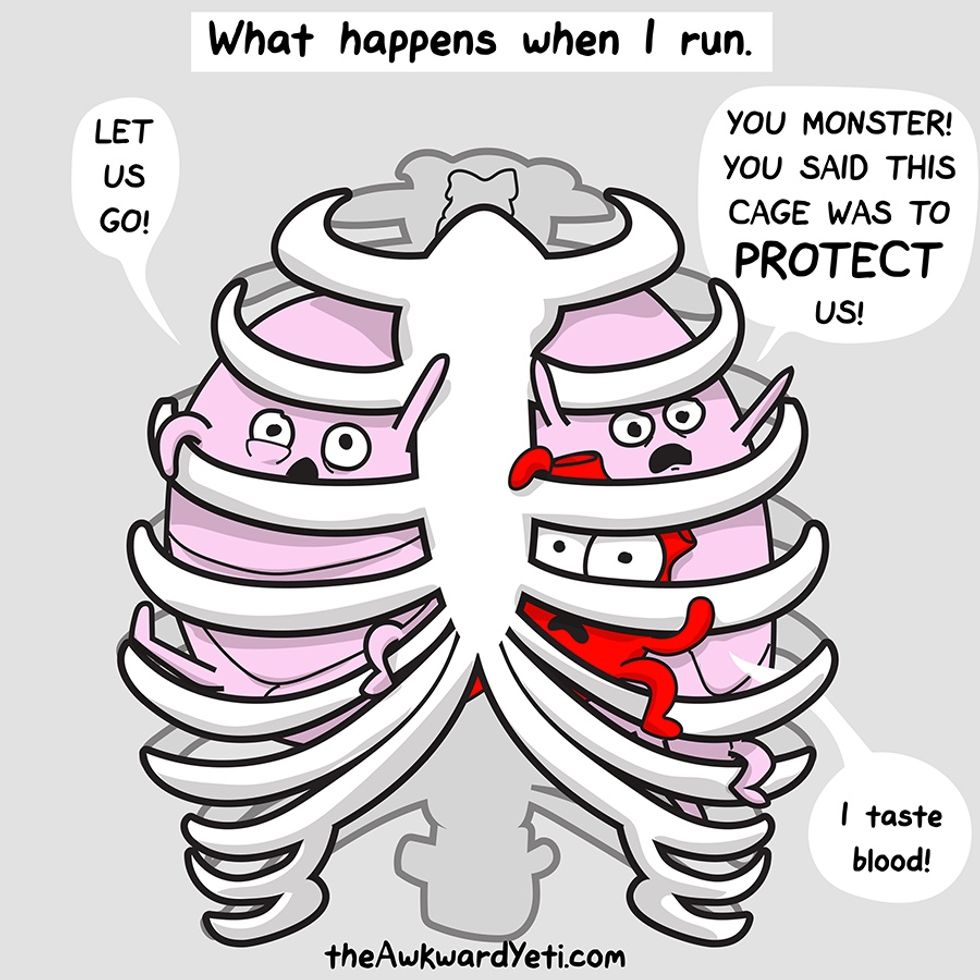
One does not have to be related to the recipient in order to be a donor, but it often helps to be related, in order to find a 'match'. Today, one in four living donors are not biologically related to the recipient. A 'match' is a donor which has the same blood type, and similar characteristics to the recipient. It is very helpful for the donor to be biologically related, because of DNA and a decreased risk of rejection (the body rejecting the organ).
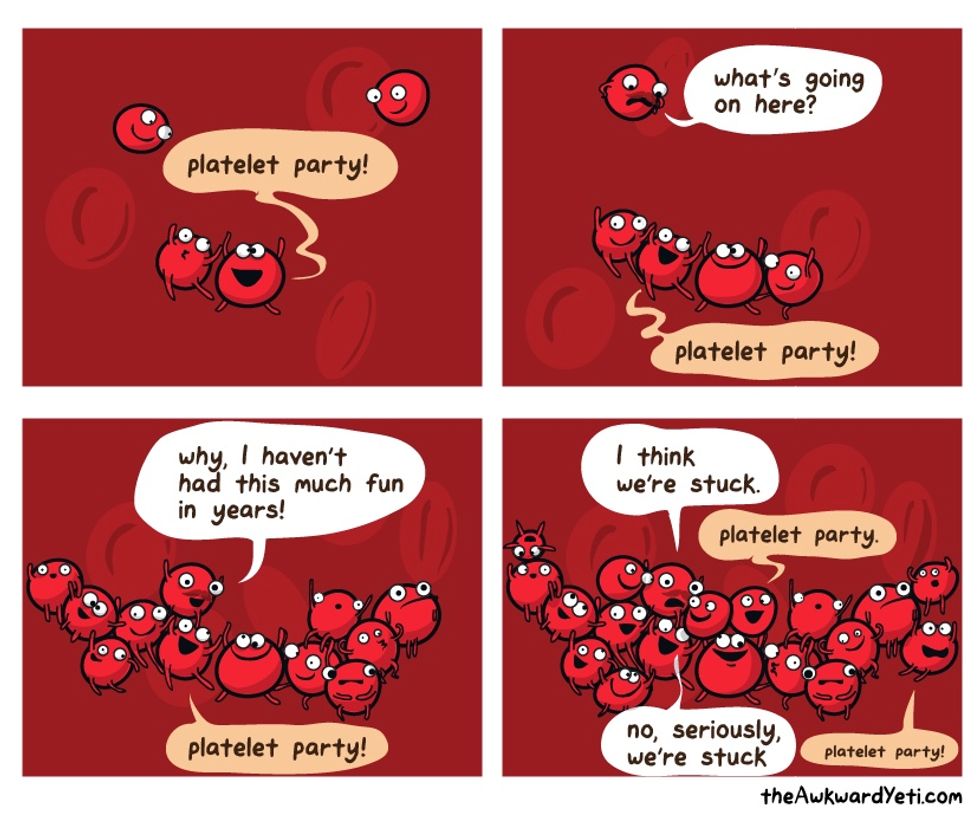
By donating your organs, tissue (blood), etc., you give many people another day to spend with their family and friends. You give them another day to do great things in this world, and to change things for the better. You give them another day, if I may, to become a Saint.
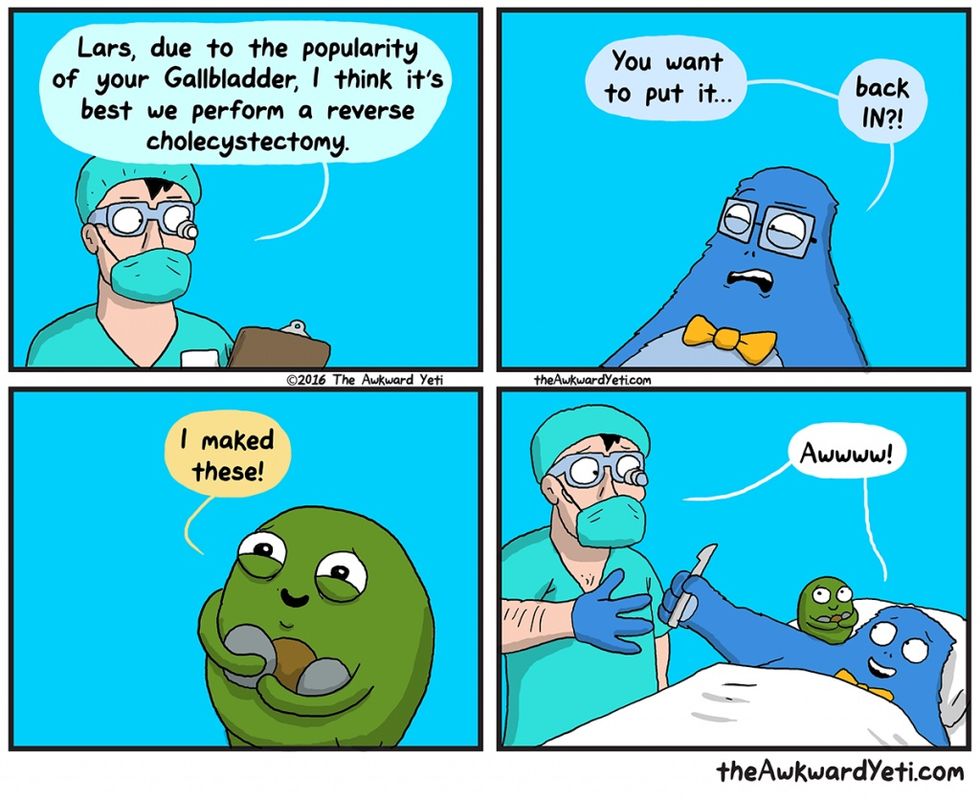
a) You can register right now to be a donor at https://www.donatelife.net/register/ .
b) You can tell the DMV you want to be registered as an organ donor and you get a CUTE HEART on your license <3.
c) You can add 'organ donor' to the Emergency Medical I.D. on your phone (this is very cool and very important). Click the Health App (iPhone), click on your profile, and add organ donor. (You can even register with Donate Life on here.)
7. Now go out there and DONATE LIFE!!!!
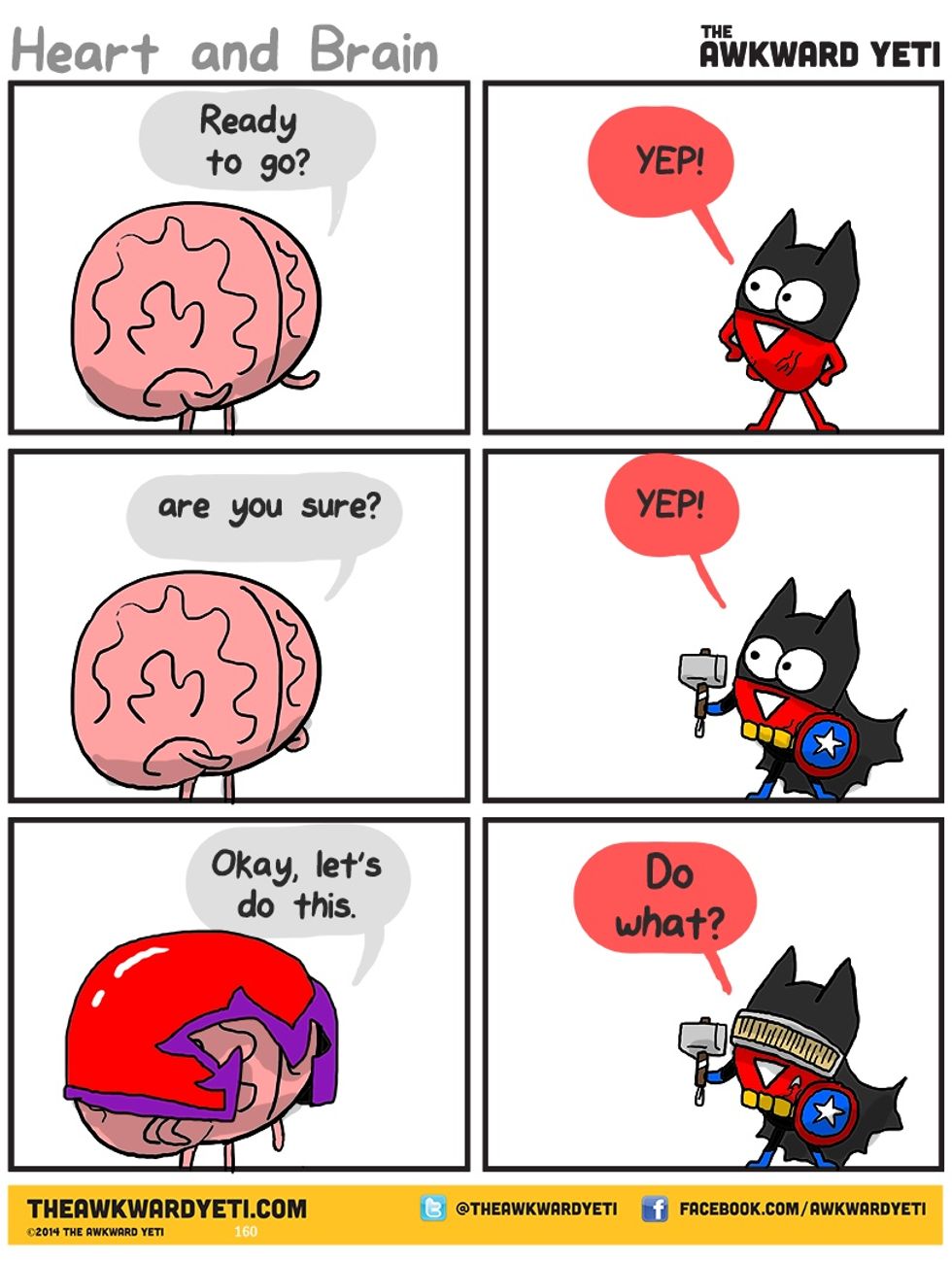
{Some facts in this article are from donatelife.org ... read more on the site!}

